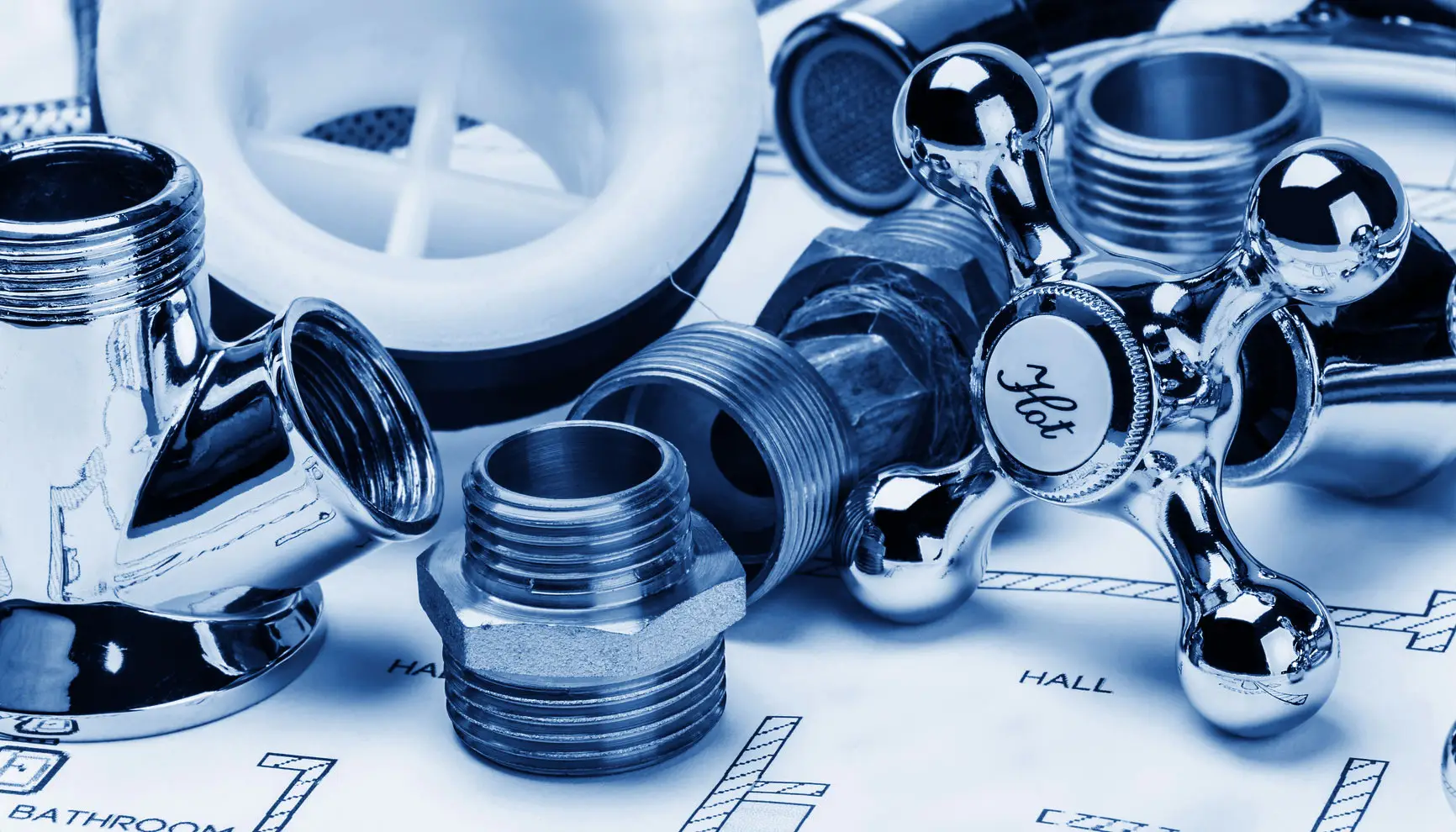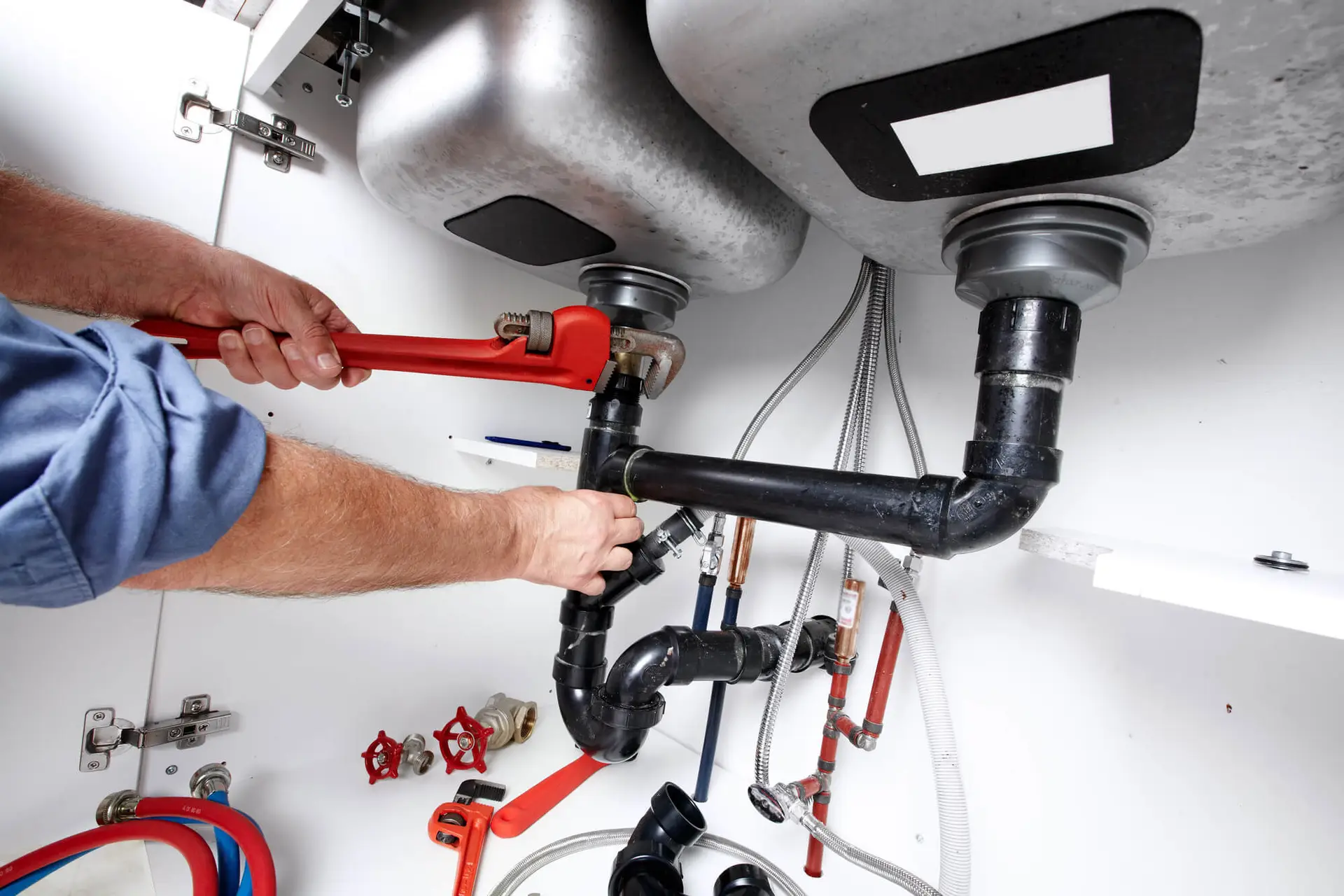We Are One of The Best HVAC Companies
Our experienced team offers services for both residential and commercial properties. With over 10 years of experience in the industry,
Our experienced team offers services for both residential and commercial properties. With over 10 years of experience in the industry,
Working Hours : 24/7


At Espinal HVAC, we take pride in offering a wide range of professional plumbing services designed to meet your needs. Our skilled team of licensed plumbers is equipped to handle everything from minor repairs to extensive installations, ensuring your plumbing systems operate efficiently and effectively. Below is a list of the services we offer. If you need any of these services or have other plumbing needs, we’ve got you covered. Contact us today for prompt, professional assistance!
Utilizing advanced technology, we accurately identify and repair leaks, helping to conserve water and prevent costly damage.
Our thorough drain cleaning services eliminate clogs and improve drainage, ensuring your plumbing system remains in optimal condition.
From installation to repairs, we provide expert care for all types of water heaters, ensuring you always have access to hot water.
Whether you need a new faucet, toilet, or showerhead, our team can expertly install or repair fixtures to enhance your space.
We offer comprehensive sewer line inspections, repairs, and replacements to address any underlying issues and maintain proper waste flow.
Our plumbers are skilled in repairing and replacing damaged pipes to prevent leaks and ensure the longevity of your plumbing system.
Planning a bathroom or kitchen remodel? We provide professional plumbing services to support your renovation projects seamlessly.
Our team specializes in the installation and thorough testing of pool systems, ensuring your pool operates safely and efficiently for years of enjoyment.
Clogged drains can be frustrating and may lead to more serious plumbing issues if not addressed promptly. There are several common causes of clogged drains:
1. Hair: Hair is one of the most common culprits for clogged drains, especially in bathroom sinks and showers. Loose strands can accumulate and create a blockage over time.
2. Soap Scum: Soap can react with minerals in the water and form a thick residue known as soap scum. This residue can build up in pipes, leading to clogs.
3. Grease and Fat: Cooking oils, grease, and fats can solidify in your pipes, narrowing them and causing clogs. This is especially common in kitchen sinks where greasy food waste is washed down.
4. Food Waste: Large amounts of food waste, especially fibrous foods like celery, potato peels, and certain grains, can lead to clogs in kitchen sinks.
5. Toilet Paper and Waste: Excessive amounts of toilet paper or flushing items that should not be flushed (like wipes, feminine hygiene products, etc.) can cause toilet clogs.
6. Foreign Objects: Small objects, such as toys, jewelry, or other debris, may accidentally fall into drains and cause blockages.
7. Tree Roots: If your home has an outdoor sewer line, invasive tree roots may penetrate the pipes, causing blockages and even damaging the pipes.
8. Mineral Buildup: Hard water can lead to mineral buildup in pipes, which may narrow the flow and lead to clogs over time.
9. Pipe Misalignment or Damage: Cracked, misaligned, or corroded pipes can restrict water flow and create areas where waste can accumulate, leading to clogs.
10. Poor Drainage Design: Sometimes, plumbing systems that aren't properly designed or installed can lead to drainage issues and clogs.
Regular maintenance, such as using drain guards, avoiding putting certain items down the drain, and periodic cleaning, can help prevent clogged drains. If a clog does occur, it's essential to address it quickly to avoid further plumbing issues.
Low water pressure can be frustrating and can stem from a variety of causes. Here are some common reasons why low water pressure might occur in a home:
1. Clogged Pipes: Over time, mineral buildup, rust, and debris can accumulate in your pipes, narrowing their diameter and restricting water flow. This is especially common in older plumbing systems.
2. Leaks: Leaks in your plumbing system can lead to a drop in water pressure. Water escaping through a leak means less water is making it to your faucets and fixtures.
3. Faulty Pressure Regulator: Many homes have a pressure regulator installed to control the water pressure entering the home. If this device malfunctions, it can result in low water pressure.
4. Closed or Partially Closed Valves: Sometimes, valves that control the flow of water to various areas of your plumbing system can be inadvertently closed or partially closed, reducing water pressure.
5. Sediment Buildup in Water Heater: If the issue is mainly with hot water, sediment buildup in a water heater can restrict water flow, leading to lower pressure at hot water fixtures.
6. Municipal Supply Issues: Problems in the municipal water supply, such as maintenance work or a break in a main water line, can temporarily reduce water pressure in the home.
7. High Demand: If multiple faucets and appliances are being used simultaneously (such as showers, washing machines, and dishwashers), this increased demand can lead to a drop in overall water pressure.
8. Old or Corroded Pipes: Older pipes, especially those made from galvanized steel, can corrode over time. This corrosion can impede water flow and reduce pressure.
9. Elevation Issues: In some cases, the elevation of your home can affect water pressure. If you live at a higher elevation, you may naturally experience lower water pressure due to gravity.
10. Water Meter Valve Issues: If the water meter valve is not fully opened, it can restrict water flow and lead to lower pressure.
Diagnosing the specific cause of low water pressure often requires careful inspection. If you're experiencing persistent low water pressure, it may be worthwhile to consult a licensed plumber for an accurate assessment and resolution.
Smelly odors coming from the shower can have a variety of causes, often related to moisture and the buildup of bacteria, mold, and other materials. Here are some common reasons for unpleasant odors in the shower:
1. Mold and Mildew: The bathroom is a high-moisture environment ideal for mold and mildew growth. These fungi can develop on various surfaces, including shower curtains, tiles, grout, and ceilings, leading to musty odors.
2. Soap Scum: The buildup of soap scum and residue from shampoos, conditioners, and body washes can attract bacteria. Over time, this buildup can produce unpleasant smells.
3. Dirty Drains: Clogs in the shower drain caused by hair, soap, and other debris can lead to stagnant water. Stagnant water fosters bacteria growth, resulting in foul odors.
4. Sewer Gas: If the shower drain’s P-trap (the U-shaped pipe that retains water to block sewer gases) dries out, it can allow sewer gases to escape into your bathroom. This often happens in infrequently used showers.
5. Water Quality: If your water supply has high levels of minerals or sulfur, it can produce unpleasant smells, such as a “rotten egg” odor, particularly when hot water is used.
6. Dirty Shower Curtains or Liners: Shower curtains and liners can accumulate soap and mildew over time. If they are not cleaned or replaced regularly, they can emit odors.
7. Poor Ventilation: Inadequate ventilation can lead to stagnant moisture, which promotes mold growth and can exacerbate unpleasant smells. Proper airflow helps to keep the bathroom dry and odor-free.
8. Old or Corroded Plumbing: Older pipes can harbor bacteria and organic matter, leading to odors. Corroded pipes may also contribute to smells in water.
9. Body Odors: The accumulation of body oils and skin cells can contribute to odors, especially if the shower is not cleaned regularly.
By addressing these factors, you can effectively reduce or eliminate unpleasant odors in your shower.
